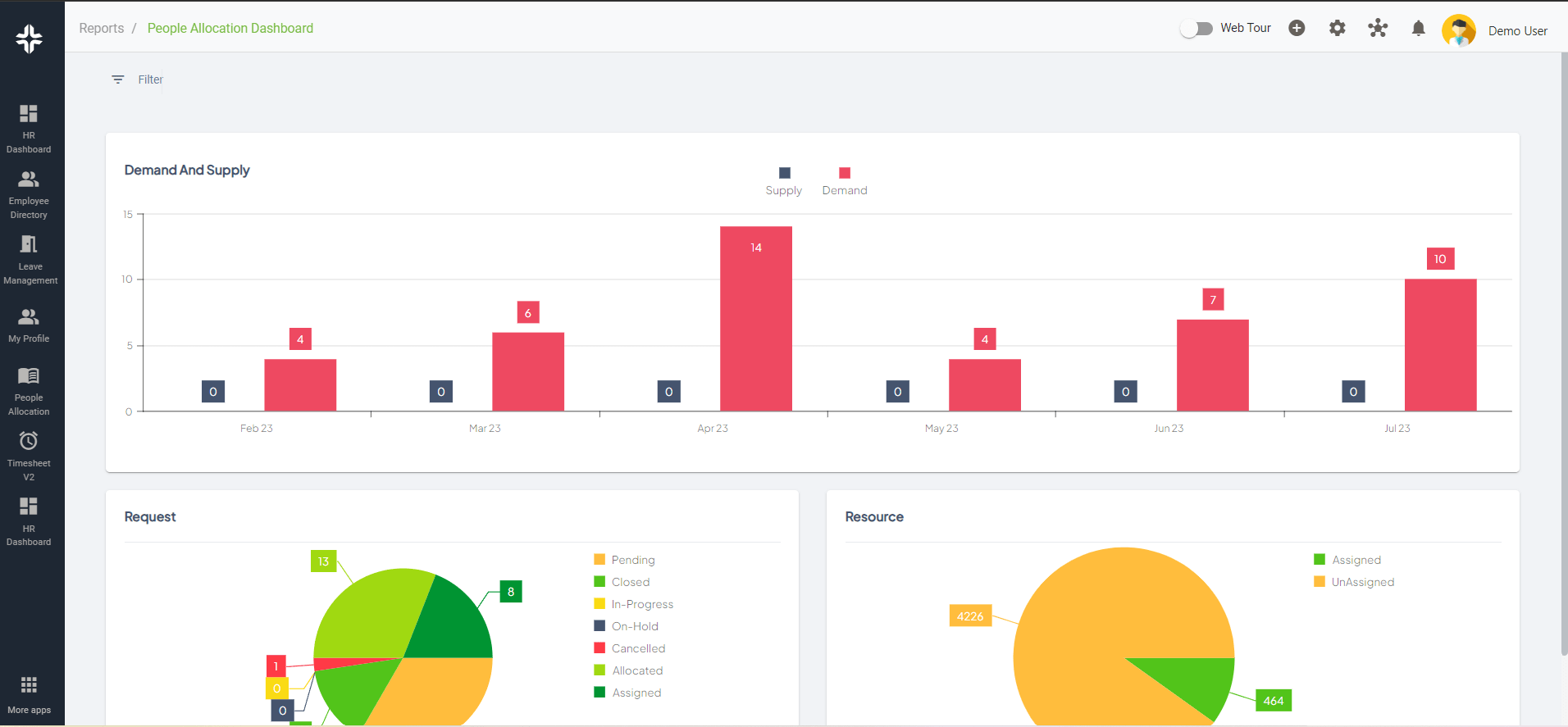
What is Labor Utilization?
Labor Utilization, often referred to as workforce or employee utilization, is a critical metric in the realm of Professional Service Automation (PSA). It measures the percentage of billable hours out of the total available working hours.
In simpler terms, it helps businesses understand how efficiently their workforce is being utilized in revenue-generating activities.
Importance of Labor Utilization
In the context of PSA, labor utilization is paramount for several reasons:
1. Revenue Generation: A higher labor utilization rate indicates that a larger portion of employee hours is dedicated to billable tasks, leading to increased revenue.
2. Operational Efficiency: It aids in identifying non-billable tasks that might be consuming significant time, allowing businesses to streamline operations.
3. Resource Allocation: By understanding which resources (or employees) have lower utilization rates, managers can better allocate tasks and balance workloads.
4. Forecasting: Labor utilization helps in predicting future hiring needs based on workload and billable hours.

Why Labor Utilization is so important?
Calculating Labor Utilization
Formula:
Labor Utilization Rate = (Billable Hours / Total Available Hours) × 100
Example:
Let’s say an employee has a total of 160 available hours in a month. Out of these, 120 hours were billable. Using the formula:
Labor Utilization Rate=(120/160)×100=75%
This means the employee was utilized for billable work 75% of the time.
Labor Utilization vs Other Metrics
Labor Utilization should not be confused with other related metrics:
1. Labor Efficiency Rate (LER): While labor utilization focuses on billable hours, LER measures the efficiency of labor against the standard expected hours for a task.
2. Capacity Utilization: This metric evaluates the maximum potential output of a resource or system and how effectively it’s being used.
| Metric | Description | Significance in PSA |
|---|---|---|
| Labor Utilization | Measures the efficiency of employee time | High labor utilization indicates optimal resource allocation and productivity. |
| Billable Utilization | Focuses on billable work hours | It’s crucial for revenue generation in service-based businesses. High billable utilization is desirable. |
| Non-Billable Utilization | Tracks non-billable work hours | Useful for assessing administrative and non-revenue-generating tasks. Lower non-billable utilization is often preferred. |
| Employee Productivity | Evaluates overall work output per employee | Important for understanding the workforce’s efficiency and contribution to profitability. |
Application of Labor Utilization
Labor Utilization is used in various ways:
1. Performance Analysis: Managers can evaluate employee performance based on their utilization rate.
2. Pricing Strategies: By understanding labor costs and utilization, businesses can set competitive prices for their services.
3. Budgeting and Forecasting: It aids in predicting revenue and understanding costs, helping in budget allocation.
4. Resource Management: With tools like resource management software, businesses can get insights into employee utilization and make informed decisions.
Ready to Optimize Your Labor Utilization?
KEBS, a leading PSA Software, offers tools and features that can significantly enhance labor utilization. With KEBS timesheet feature, businesses can accurately track billable hours, ensuring no revenue opportunity is missed.
KEBS resource management tools ensure that workloads are balanced and resources are optimally utilized. Through KEBS custom reporting, businesses can dive deep into utilization data, gaining insights and identifying areas of improvement. KEBS seamlessly integrates with other business systems, ensuring data flow is smooth and decisions are data-driven.

KEBS People Allocation
Ready to optimize your Labor Utilization with KEBS? Dive deeper into its capabilities or contact us for a personalized demo.



